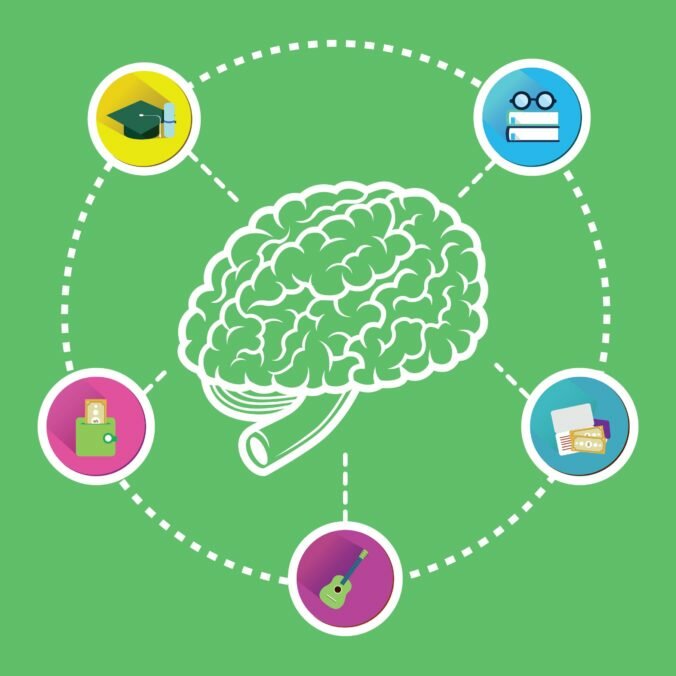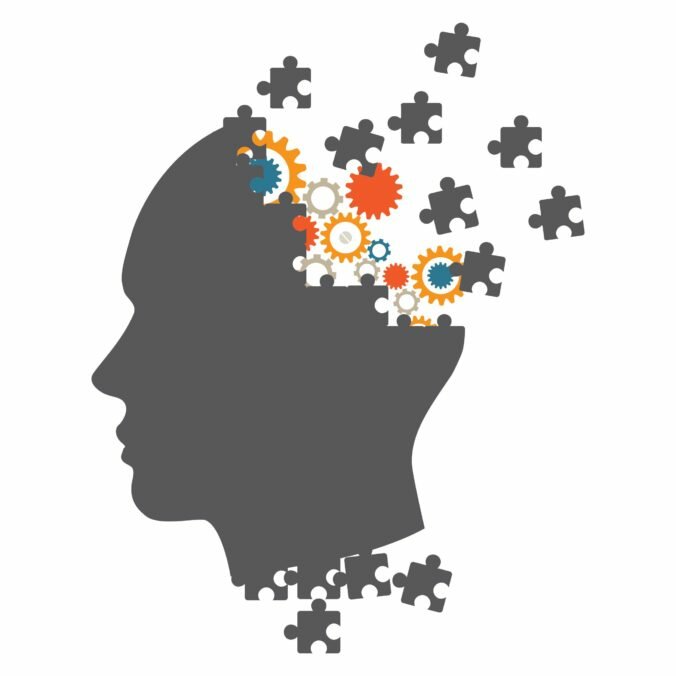Most of the time, when we think about testing, we think about testing children. In fact, we often have opportunities to test adults. There are many reasons that adults need to have an IQ test done. Here are a few of them:
- We often use IQ tests as part of a battery when there are medical problems that are being explored. For example, when there is a question of dementia or memory loss. After strokes or head injuries, adult IQ tests can be very helpful in determining deficits but also in identifying strengths.
- When adults return to college or when they are exploring the possibility of a new career path, they often want to get a good picture of their skills. Sometimes testing will help them make a decision about what kinds of supports they may need or about their ability to pursue a particular vocational path.
- Sometimes people come in just to have some of their own personal questions answered. They want to know if they have ADD/ADHD for example, or whether they have an undiagnosed learning disability.
- This type of testing is often useful when people are concerned about whether they are showing cognitive change.
We usually use a test called the Weschler Adult Intelligence Scale (WAIS) for this type of testing. It takes about 1 ½ hours to complete and involves a number of subtests. Some of the subtests are verbally based and measure vocabulary. Others are visual and look at how we you can copy block patterns or how well you can make designs. There are some memory scales as well.
After all the data has been collected, the psychologist will look for patterns in the scores to help describe your cognitive profile. Because these tests have been given to thousands of other adults, we have some idea of the “normal” pattern of scores. Your pattern is then compared to this norm and we look for differences. A little bit of difference is expected—we all are different! But when there is a large discrepancy, we want to look at it more closely. Sometimes more testing is suggested so that we can get more information about why your scores are so different (Don’t forget, they could be both higher or lower than we expect!).
The next step always is to apply the results to the “real world.” How do these scores impact your daily life? Should you use different strategies to help you remember? Should you “talk yourself through” a difficult task so you can use your best skills in that area? Sometimes people find that they have lived their lives feeling that they weren’t “smart enough,” only to find out that they have one small area of weakness but that otherwise, they are fine! For some of the patients I have worked with, this revelation has been very freeing for them, allowing them to try new things or move in new life directions.
Remember, though, that IQ tests only measure certain types of tasks. They NEVER should be used to judge your value as a person, or your ability to be successful. They just give us a snapshot of specific tasks; our lives a so much more complex than that. So don’t overvalue IQ scores! Use them for what they are intended to do.








